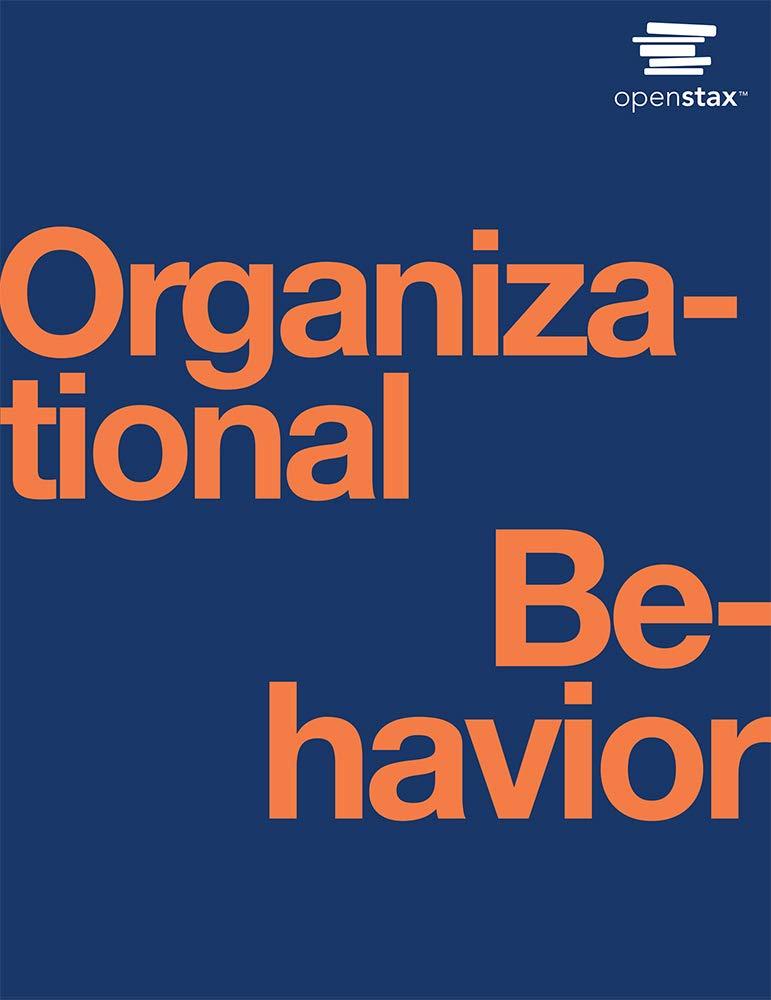Human resources is a key function within any company, but not all companies are able to afford
Question:
Human resources is a key function within any company, but not all companies are able to afford or justify full-time HR staff. Over the last decade, HR outsourcing has become a good business decision for many small companies whose current staff doesn’t have the bandwidth or expertise to take on the risks of employee relations issues, benefits and payroll, or HR compliance responsibilities. This has led many HR practitioners to try out their entrepreneurial skills in the areas of HR outsourcing and “fractional HR.” Human resources outsourcing is very commonly used by smaller companies (and often large companies too) to cover such tasks as benefits and payroll management. This is an area that has been outsourced to third parties for many years. More recent is the trend to have “fractional HR” resources to help with the daily/weekly/monthly HR compliance, employee relations, and talent management issues that companies need to address. Fractional HR is a growing industry, and it has become the service offering of many entrepreneurial HR ventures. Fractional HR is essentially as it sounds—it is the offering of HR services to a company on a part-time or intermittent basis when the company may not be able to justify the cost of a full-time HR resource. An HR professional can be available onsite for a specified number of hours or days weekly or monthly, depending on the company’s needs and budget. The HR professional handles everything from HR compliance issues and training to employee issues support. Also, for companies that are keen on development of employees, the HR resource can drive the talent management processes—such as performance management, succession planning, training, and development—for companies who require more than just basic HR compliance services.
How does a business leader decide whether HR outsourcing is needed? There are generally two factors that drive a leader to consider fractional HR or HR outsourcing—time and risk. If a leader is spending too much time on HR issues and employee relations, he may decide that it is a smart tradeoff to outsource these tasks to a professional. In addition, the risk inherent in some HR issues can be very great, so the threat of having a lawsuit or feeling that the company is exposed can lead the company to seek help from a fractional HR professional.
HR entrepreneurs have taken full advantage of this important trend, which many say will likely continue as small companies grow and large companies decide to off-load HR work to third parties. Some HR companies offer fractional HR as part of their stated HR services, in addition to payroll and benefits support, compensation, and other HR programmatic support. Having a fractional HR resource in place will often illuminate the need for other HR services and program builds, which are generally supported by those same companies. Whether you are an individual HR practitioner or have a small company of HR practitioners and consultants, fractional HR and HR outsourcing can be a very viable and financially rewarding business model. It can also be very personally rewarding, as the HR professional enables smaller companies to grow and thrive, knowing that its HR compliance and processes are covered.
Discussion Questions
1. What do you believe is contributing to the growth of the fractional HR and HR outsourcing trend? Do you expect this trend to continue?
2. At what point should a company consider bringing on a full-time HR resource instead of using a fractional HR resource? What questions should the company ask itself?
Step by Step Answer:






